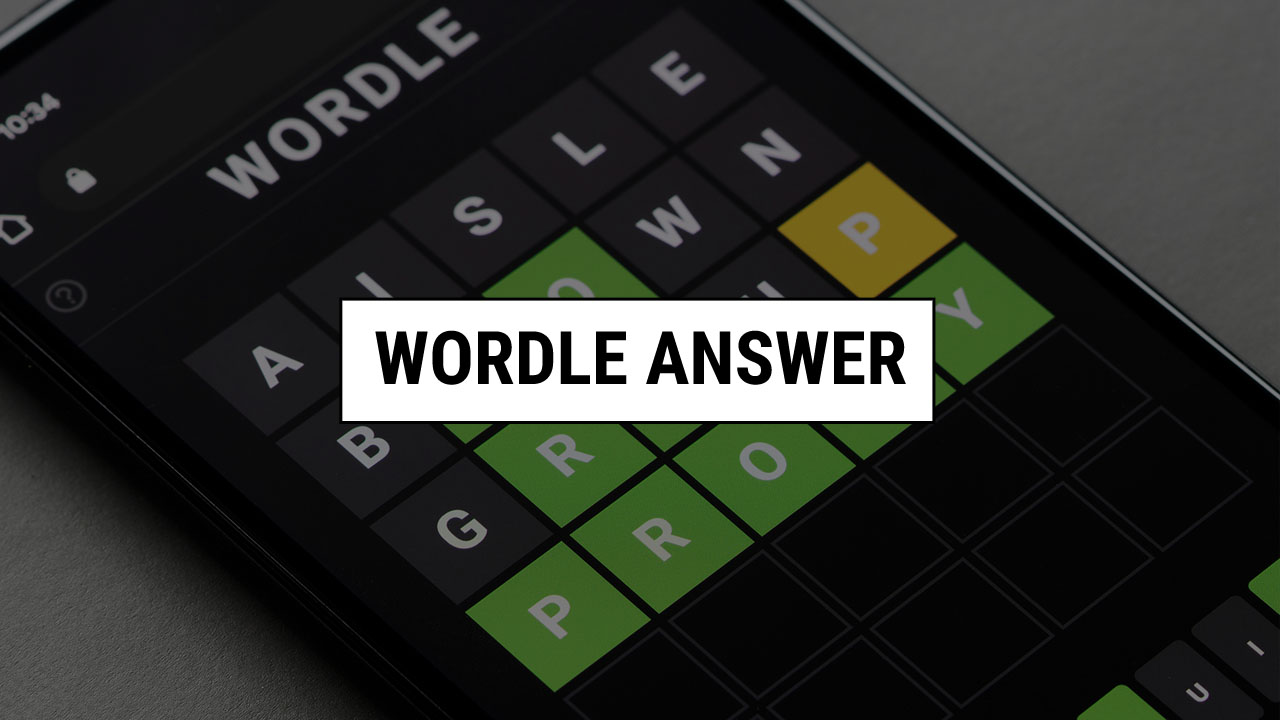Disagreements are an inevitable part of any relationship, but when it comes to disciplining children, tensions can often rise. How do you navigate the deep waters of maintaining harmony while setting boundaries?
Whether you’re a new parent or an experienced one, finding common ground with your partner is crucial. In this guide, we’ll explore a myriad of strategies to handle disagreements about discipline effectively.
From establishing non-negotiables to seeking root causes, we’ll delve into the art of compromise, open communication, and mutual respect, guiding you towards a harmonious parenting partnership that benefits both you and your children.
Pick Non-Negotiables And Make A Pact
When it comes to discipline in parenting, it is important to establish a solid foundation with your partner. Begin by identifying the non-negotiables – certain behaviors or rules that you both firmly believe should never be compromised.
These can include aspects such as respect, safety, or honesty. Once you have identified these non-negotiables, make a pact with your partner that you will not argue about them.
This agreement creates a sense of unity and provides a starting point for effective communication and problem-solving.
Compromise And Flexibility Are Key
No two individuals will have the exact same approach to discipline, and that’s okay. It is important to embrace and practice compromise and flexibility in handling differences in disciplinary styles.
Remember that children benefit from exposure to different parenting techniques, as long as they remain consistent and loving. Recognize that compromise does not mean giving up your values; rather, it is finding common ground to ensure a harmonious approach towards discipline.
Have A Plan In Place For Certain Behaviors
Preventing disagreements is often better than resolving them. To achieve this, it is beneficial to have a plan in place for certain behaviors that tend to give rise to conflicts.
Sit down with your partner and discuss potential problematic behaviors and the disciplinary approach you both intend to take. By proactively addressing these issues, you can reduce the chances of disagreements and present a united front to your children.
Discuss And Resolve Problems Beforehand
Open and honest communication is essential in handling disagreements about discipline with your partner. It is crucial to discuss and resolve problems before they arise, rather than waiting for conflicts to escalate.
Regularly schedule dedicated time to have conversations about discipline, express concerns, and find solutions together. Addressing potential conflicts proactively allows you both to present a united front and creates a stable environment for your children.
Try Different Disciplinary Approaches
As parents, it is important to be open to trying different disciplinary approaches. Each partner brings their unique background and experiences to parenting, and exploring various techniques can help you find what works best for your family dynamic.
Take turns in trying each other’s ways of disciplining and observe the outcomes. This not only promotes understanding between partners but also allows you to learn from each other and discover effective strategies that resonate with your children.
Offer Support And Compliments
Parenting can be challenging, and disagreements about discipline can easily strain a relationship. It is crucial to offer support and compliments to your partner’s choice of discipline, even if you may have a different perspective.
Recognize the efforts they put into parenting and acknowledge their strengths. By doing this, you foster a positive environment that encourages growth and reinforces your commitment to effective and harmonious parenting.
Strive For Balance, Avoid Overcompensating
When parenting styles differ, it is common for one partner to overcompensate for the other’s approach. This can lead to an imbalance in discipline and potentially undermine the authority of one parent.
Instead of trying to compensate for your partner’s parenting style, strive for balance. Find a middle ground that incorporates both perspectives, creating a harmonious approach that serves your children’s best interests.
Use Conflict Resolution Strategies
Disagreements about discipline can be stressful, but utilizing conflict resolution strategies can help mitigate the tension. It is important to have strategies in place to effectively address conflicts when they arise.
These strategies can include active listening, expressing your thoughts and feelings calmly, and seeking to understand your partner’s perspective. By actively engaging in conflict resolution, you can turn disagreements into opportunities for growth and strengthen the bond with your partner.
Foster Mutual Respect
Respect is the foundation of any successful partnership, including co-parenting. Regardless of your differences in disciplinary styles, it is essential to foster mutual respect for each other’s opinions and decisions.
Value the diversity of perspectives and approach conflicts with empathy and understanding. Remember that mutual respect enhances effective communication and promotes a healthy co-parenting relationship.
Recenter During Emotional Moments
In the heat of a disagreement, it is easy to get caught up in emotions and lose sight of the bigger picture. When disagreements about discipline arise, it is important to recenter yourself by taking a step back and regaining composure.
By doing so, you can approach the situation with a clear mind and make decisions in the best interest of your children.
Use Conflict-Resolution Gestures
Physical gestures can help defuse tension during disagreements about discipline. Offering a hug or expressing love verbally can provide reassurance and remind both partners of the love that underlies the parenting partnership.
When tempers flare, these gestures can help create a calmer atmosphere that promotes effective communication and problem-solving.
Validate Feelings, Avoid Correcting Misperceptions
When disagreements occur, it is important to validate your partner’s feelings and avoid correcting misperceptions. Instead of dismissing their emotions or invalidating their perspective, seek to understand their point of view.
Validating your partner’s feelings shows empathy and creates an atmosphere of trust, which can lead to more productive conversations and conflict resolution.
Address Feelings Of Lack Of Freedom
Disagreements about discipline may stem from a feeling of lack of freedom or control. It is essential to address these underlying feelings and concerns with your partner when discussing discipline.
Create opportunities for open and honest conversations, allowing each partner to express their needs and desires. By addressing feelings of lack of freedom, you can work together to find solutions that honor both partners’ autonomy while ensuring effective discipline.
Uncover Root Causes Through Questions
To better understand the root causes of conflicts, ask your partner questions to uncover their underlying concerns. Create a safe space for open dialogue and actively listen to their answers.
By asking thoughtful questions, you can gain insight into their perspective and work towards resolving conflicts in a meaningful way.
Open Communication About Discipline Concerns
To handle disagreements effectively, open and honest communication is vital. Create an environment where both partners feel comfortable discussing discipline concerns and sharing their thoughts and feelings.
Regularly check in with each other, asking for feedback on disciplinary decisions and providing a platform for expressing concerns. Honest communication can help build trust and foster a stronger partnership in parenting.
Actively Listen And Understand Unmet Needs
When conflicts arise, actively listen to your partner’s perspective and seek to understand their unmet needs. Often, disagreements about discipline stem from deeper concerns that may not be immediately apparent.
By actively listening, you can gain insight into your partner’s needs and find solutions that meet them. This understanding allows for more effective problem-solving and promotes a harmonious approach to discipline.
Find Middle Ground And Compromise
In handling disagreements about discipline, finding middle ground and compromise is key. Both partners have valid perspectives and concerns, and it is necessary to seek a solution that respects and balances these differences.
Through open communication, active listening, and the willingness to find common ground, you can work together to create a discipline approach that suits the needs of your children and cultivates a deeper partnership between you and your partner.
Take Responsibility And Avoid Invalidation
It is important to take responsibility for your actions and consider how you may invalidate your partner’s feelings or perspectives during disciplinary disagreements. Holding yourself accountable allows for personal growth and strengthens the foundation of your parenting partnership.
Avoid invalidating your partner’s concerns or dismissing their opinions, as this can lead to further conflict and strain the relationship.
Seek Professional Help If Needed
In some instances, conflicts over discipline may become overwhelming and difficult to resolve without professional assistance. Do not hesitate to seek help from a qualified therapist or attend couples therapy sessions.
Professional guidance can provide valuable insight, offer new perspectives, and equip you and your partner with effective tools for resolving conflicts. Remember, seeking help is not a sign of weakness but a proactive step towards creating a loving and harmonious parenting environment.


